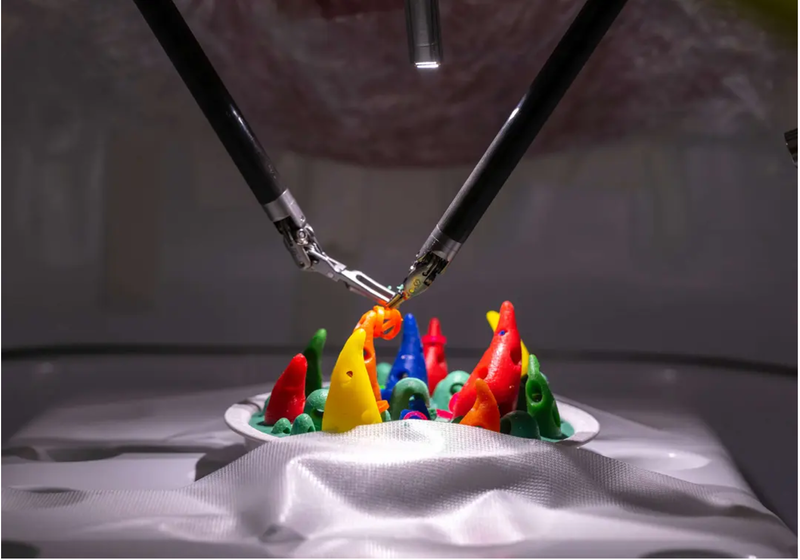China Plans to Mass Produce Humanoid Robots Within Two Years
China's Ministry of Industry and Information Technology (MIIT) has released plans to mass-produce humanoid robots by 2025, claiming that such a development will 'reshape the world.'...

Facts
- China's Ministry of Industry and Information Technology (MIIT) has released plans to mass-produce humanoid robots by 2025, claiming that such a development will 'reshape the world.'1
- According to a guideline published by MITT, such humanoid robots are 'expected' to become a 'disruptive product' — similar to that of 'computers, smartphones, and new energy vehicles' of the past.2
- According to the state-run news agency Xinhua, China aims to contain two to three humanoid robot companies 'with global influence' by 2025 and will hold a 'secure and reliable industrial and supply chain system' by 2027.3
- MIIT's document calls for the development of cerebellums, brains, and limbs of future humanoid robots — acknowledging that for its targets to be met, research into technology such as artificial intelligence (AI) must be improved.4
- In 2022, China was responsible for more than 50% of global sales in industrial robots and currently contains 3M industrial robots already in operation domestically. In 2021, China invested $20B in robotics research and development.5
- The document proposes that such robots would be used within sectors such as electronics, automotive, healthcare, services, agriculture, and logistics. A report by consulting firm Grand View Research valued the global humanoid robot market in 2022 at $1.11B, with a projection for a compound annual growth rate of 21.1% from 2023-2030.6
Sources: 1Business Insider, 2Yahoo News, 3Xinhua, 4Science Times, 5All Tech Magazine and 6Technode.
Narratives
- Pro-China narrative, as provided by People's Daily. The continued expansion of robot development in China highlights the country's rapid technological advancements. Already important roles in both established and growing industries, China is building upon already-established momentum within sectors such as AI and seizing an exciting opportunity to seismically change the world in a manner that seemed impossible only years prior.
- Anti-China narrative, as provided by ZME Science. China's ambitious plan isn't an attestment to its technological prowess but rather an indication of an impending economic catastrophe as it seeks to leverage technological breakthroughs to combat an aging population crisis as well as sizeable labor shortages. Beijing's focus on humanoid robotics is also a clear attempt to challenge the likes of Japan and the US and present itself as a global leader in the field.
- Cynical narrative, as provided by USA Today. To produce humanoid robots powered by AI is simply playing with fire and a certainty to end poorly. For humanity to create and then place trust in creations exponentially more powerful and more intelligent than us is naïve. Such a progression in technology mirrors the beginning of a plethora of stories portraying the downfall of mankind.






